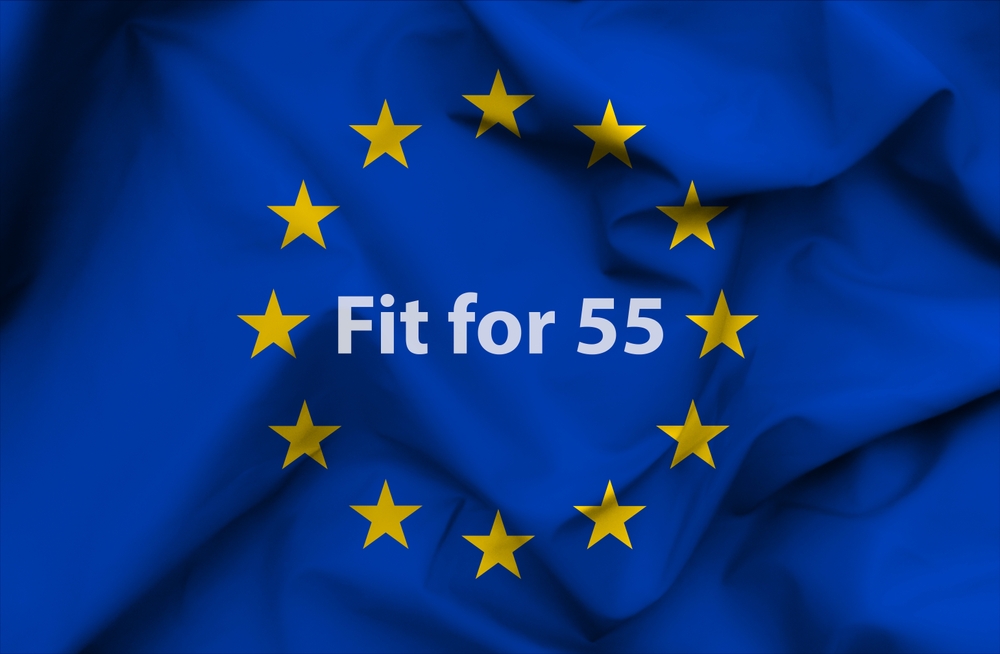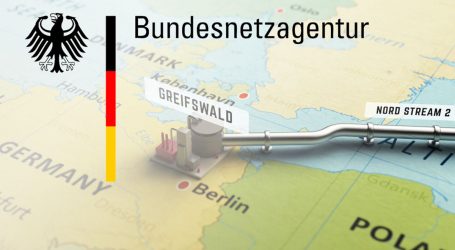European Parliament adopts key directives and regulations of ‘Fit for 55’ package
The European Parliament on Tuesday adopted at first reading key directives and regulations from the ‘Fit for 55’ package, which are specific pieces of legislation aimed at reducing greenhouse gas emissions by at least 55% by 2030 (compared to 1990) and achieving climate neutrality by 2050.
Among others, the reform of the EU Emissions Trading System (EU ETS) and the new Carbon Boundary Mechanism (CBAM) were adopted by vote. A Social Climate Fund (SCF) was also established.
The ETS reform was adopted by 413 votes to 167 (57 MEPs abstained). Sectors already covered by the scheme are to reduce their greenhouse gas emissions by 62 per cent by 2030 compared to 2005 levels. The reform also provides for a gradual phase-out of free emission allowances between 2026 and 2034. In addition, a separate ETS II scheme will be created for fuels that are used in road transport and for heating buildings. Under the scheme, the Union will introduce a levy on GHG emissions from these sectors in 2027 (or in 2028 if energy prices are exceptionally high).
Parliament also voted for the first time to include greenhouse gas emissions from the shipping sector in the ETS (500 votes in favour, 131 against, 11 MEPs abstained). MEPs also agreed to review the ETS for aviation (463 votes in favour, 117 against, 64 MEPs abstained). This opens the way for the abolition of free emission allowances in this sector by 2026.
Another regulation adopted by 487 votes to 81 (75 MEPs abstained) relates to provisions for a new EU border price adjustment mechanism for CO2 emissions (CBAM). “It is intended to encourage countries outside the Union to raise their climate ambitions. It will also help prevent the undermining of EU and global climate action, which happens when production shifts from the Union to countries with less restrictive climate rules,” – reads the communication published by the EP.
The new CBAM will cover commodities such as iron, steel, cement, aluminium, fertilisers, electricity and hydrogen. Importers of the aforementioned commodities will have to pay the difference between the emission fee in the country of production and the price of emission allowances in the EU ETS. CBAM will be phased in between 2026 and 2034 as free emission allowances in the ETS are phased out.
Parliament also supported (521 votes in favour, 75 against and 43 abstentions) the creation of an EU Social Climate Fund in 2026. It is intended to “ensure a fair and inclusive climate transition”. The fund will benefit vulnerable households, micro-enterprises and transport users who are “particularly affected by energy and transport poverty”.
The texts of the legislation must now be approved by the EU Council, i.e. the Member States.
Source: PortalMorski.pl




